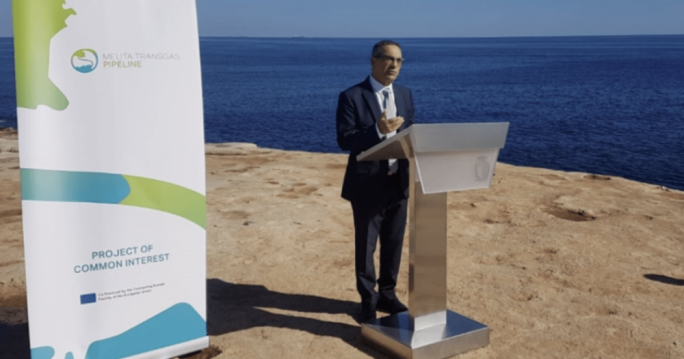
Editorial | Tourist numbers are up... but is that such a good thing?
Subsequently the country should enact clear zoning rules to stop tourism from spilling over into residential areas and reverse those policies contributing to a glut in accommodation

Ever since Malta gained its independence, tourism has contributed to Malta’s development and prosperity through job creation and a multiplier effect which includes more tax revenue from VAT and spending in local shops and restaurants.
But mass tourism has also taken its toll on the environment and the quality of life, increasing pressures on land use, waste, sewage, beaches, infrastructure and resources. The situation in Comino, a Natura 2000 site which has been literally over-run by day trippers sipping pineapple cocktails while taking up all available space, is emblematic of the crisis facing the sector.
Today, this newspaper is reporting on NSO data which shows that in October, a total of 283,595 inbound tourists visited Malta for holiday purposes, and 20,375 tourists came for business purposes.
This amounts to a 31.3 per cent increase over October 2022.
The largest share of inbound tourists were aged between 25 and 44 (37.8 per cent), followed by the 45-64 age bracket (34.4 per cent).
Total nights spent went up by 30.7 per cent when compared to October 2022, surpassing two million nights. The largest share of guest nights (85.2 per cent) was spent in rented accommodation establishments. The average length of stay of total inbound tourists stood at 6.6 nights.
This leader has previously insisted that tourist numbers cannot be taken in isolation from other social changes. The massive increase in population as a result of the importation of foreign labour, often employed in activities related to the tourist industry itself, is also contributing to the pressures which are leading to a deterioration of the quality of life.
Ironically the deterioration of the urban environment as a result of these pressures not only impacts on the quality of life of long-term residents but also erodes the long-term sustainability of the tourist industry.
But instead of forward planning to ensure that we are not killing the goose laying the golden eggs over the past decade we have witnessed a laissez faire approach with regards to permitting new hotels through planning policies which facilitate the approval of extra floors for hotels in urban areas.
As MHRA boss Tony Zahra explained earlier this year in an interview with this newspaper, assuming that all the pending applications will be approved, Malta will double the number of rooms it had in 2019, increasing the complement of tourists these hotels can accommodate to close to 5 million tourists.
The reality is that nobody, including business leaders, would like to see this happen. Not only would the glut for accommodation undermine the viability of established hotels which uphold very high standards but it would transform the entire island in to a veritable tourist playground, undermining civic responsibilities and making life hell for long term residents.
For it is very difficult to expect millions of people on holiday to separate and minimize waste, keep water and electricity consumption low and not to disturb others with excessive noise. Waste is a case in point. Such an increase in tourists would simply make it impossible for the country to increase its waste reduction targets and contribute to higher rates of landfilling and incineration. Not to mention the impact on the cost of living as the entire island is turned into a tourist zone with tourist prices. Clearly the increased presence of a transient population which has no roots here is damaging to the social fabric.
Malta already cannot cope with today’s tourism figures – still less with 4.7 million.
What is needed is a clear plan for the future proofing of the industry based on a carrying capacity exercise which should determine the ideal number of tourists. It should also seek to attract quality tourists who spend more while appreciating Malta’s culture and environment.
Subsequently the country should enact clear zoning rules to stop tourism from spilling over into residential areas and reverse those policies contributing to a glut in accommodation. Ultimately such a plan will not only be beneficial to Malta but also to the business sector itself, as it would guarantee a sustainable future for tourism. The alternative is a living hell which very few tourists would like to experience.



